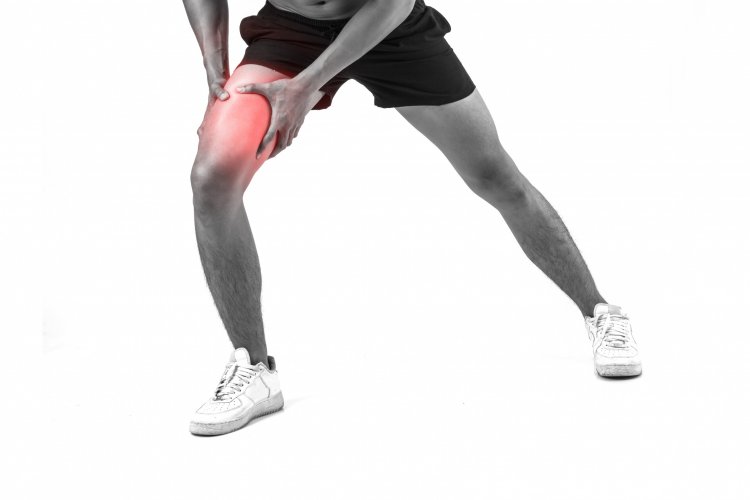Cramps: What are They, Why They Occur, and How to Relieve Them?
Cramps are sudden, involuntary, and often painful contractions of one or more muscles. While they are typically harmless, they can be uncomfortable and disruptive. In this article, we will explore what cramps are, why they occur, and strategies for relieving them.

What are Cramps?
Cramps are characterized by a sudden and intense tightening of muscles, leading to pain and discomfort. They can occur in any muscle group but are most common in the legs, feet, and abdomen. Cramps can last anywhere from a few seconds to several minutes, and the severity can vary from mild to excruciating.
Why Do Cramps Occur?
There are several factors that can contribute to the onset of cramps:
-
Muscle Fatigue: Overuse or repetitive use of muscles, particularly during strenuous exercise or physical activity, can lead to muscle fatigue and cramping. This is common among athletes and individuals who engage in intense workouts without adequate rest.
-
Dehydration: Inadequate fluid intake can lead to dehydration, which can disrupt the body's electrolyte balance. Electrolytes such as potassium, calcium, sodium, and magnesium play a crucial role in muscle function, and imbalances can increase the likelihood of cramps.
-
Electrolyte Imbalance: As mentioned, electrolytes are essential for proper muscle function. Imbalances, either due to insufficient intake or excessive loss through sweating, can predispose individuals to cramping.
-
Poor Blood Circulation: Conditions that impair blood circulation, such as peripheral artery disease or sitting in a cramped position for extended periods, can contribute to cramping.
-
Medical Conditions: Certain medical conditions, such as nerve compression, diabetes, thyroid disorders, and kidney disease, can increase the risk of cramps.
How to Relieve Cramps?
While cramps often resolve on their own, there are several strategies that may help alleviate discomfort and prevent future occurrences:
-
Stretching: Gently stretching the affected muscle can help relieve cramps. Hold the stretch for 15-30 seconds without bouncing, as bouncing can cause further muscle irritation.
-
Massage: Massaging the cramped muscle can promote blood flow and relaxation, helping to relieve tension and discomfort.
-
Apply Heat or Cold: Applying heat or cold to the affected area can help relax muscles and reduce pain. A warm towel or heating pad can soothe cramped muscles, while a cold compress can numb the area and reduce inflammation.
-
Stay Hydrated: Ensure adequate fluid intake, especially before, during, and after exercise. Water is essential for maintaining proper hydration and electrolyte balance.
-
Electrolyte Replacement: If cramps are due to electrolyte imbalances, consuming foods rich in potassium, calcium, magnesium, and sodium, or using electrolyte supplements, may be beneficial.
-
Rest and Recovery: Allow sufficient time for rest and recovery between workouts to prevent muscle fatigue and overuse.
In conclusion, cramps are a common phenomenon that can occur unexpectedly and cause discomfort. While they are usually benign, they can interfere with daily activities and quality of life. Understanding the potential causes of cramps and implementing strategies for prevention and relief can help manage this condition effectively. If cramps persist or are accompanied by other concerning symptoms, it is advisable to seek medical attention for further evaluation and treatment.
#Cramps #MuscleFatigue #Dehydration #ElectrolyteImbalance #BloodCirculation #MedicalConditions #RelieveCramps #Stretching #Massage #HeatColdTherapy #Hydration #ElectrolyteReplacement #RestRecovery #HealthTips
Disclaimer:
The information provided in this article is for educational purposes only and should not be considered medical advice. If you have any health concerns or are experiencing symptoms, it is important to consult with a healthcare professional, such as a doctor or clinic, for proper diagnosis and treatment. Always seek the advice of your doctor or other qualified health provider with any questions you may have regarding a medical condition. Do not disregard professional medical advice or delay in seeking it because of something you have read in this article.
What's Your Reaction?





















